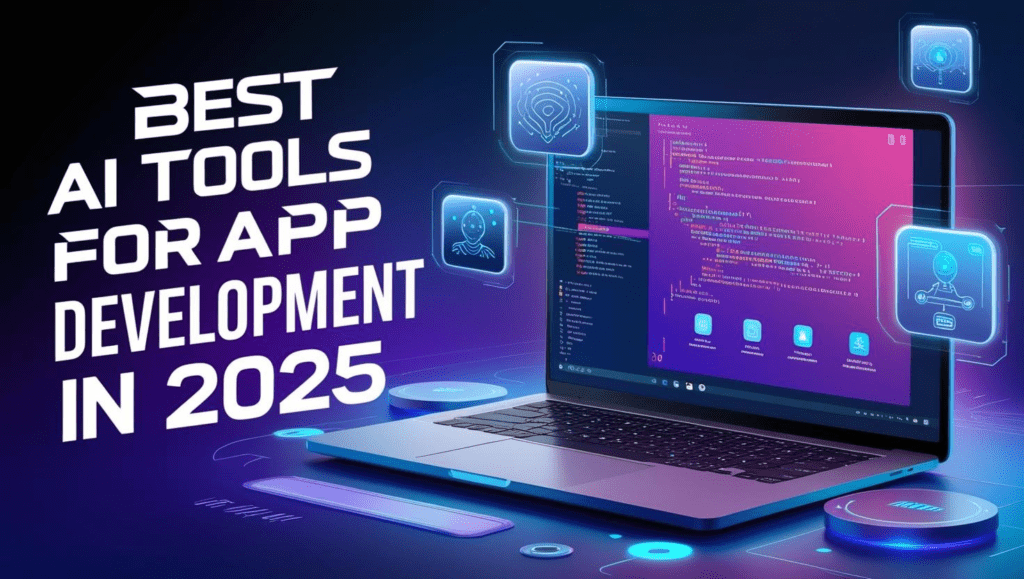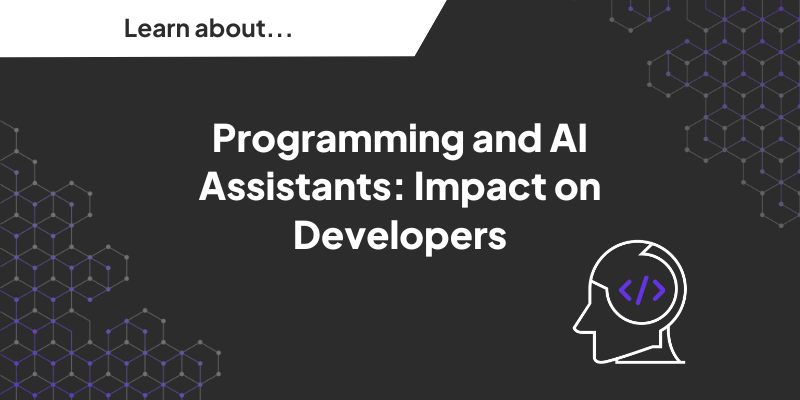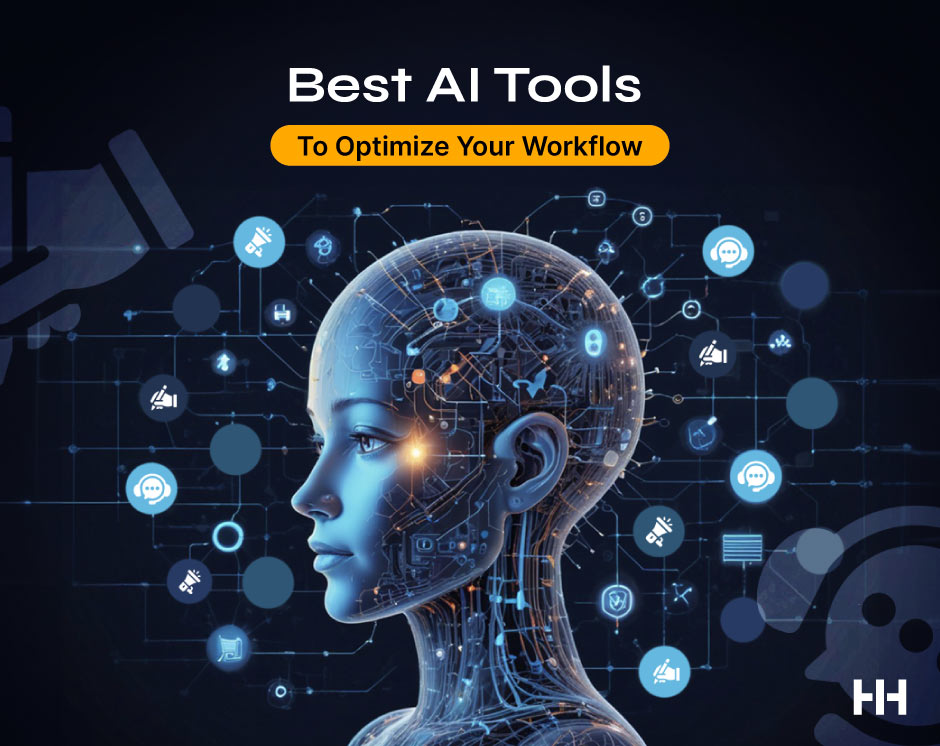The Best AI Tools for App Development in 2025
Artificial intelligence (AI) is revolutionizing the way apps are developed, tested, and optimized. From automating code generation to enhancing user experience with AI-powered features, these tools have become essential for modern app development. Here’s a list of the best AI tools developers can leverage in 2025:
1. ChatGPT-4 (OpenAI)
Purpose: AI-Powered Coding Assistance
OpenAI’s ChatGPT-4 is not just for conversational AI but is also a powerful assistant for developers. It can help with debugging, code optimization, and generating boilerplate code.
Features:
- Supports multiple programming languages.
- Can explain complex code logic for better understanding.
- Helps write documentation and even suggests efficient algorithms.
Why Use It?
Reduces development time and ensures fewer errors in code.
2. Codex (OpenAI)
Purpose: Code Generation
Codex is a programming model trained on vast amounts of source code. Integrated into tools like GitHub Copilot, it assists developers in writing, completing, and even fixing code.
Features:
- Autocompletes code snippets.
- Suggests entire functions based on a few comments.
- Seamless integration with popular IDEs like Visual Studio Code.
Why Use It?
Improves productivity and allows developers to focus on creative problem-solving rather than repetitive coding tasks.
3. TensorFlow and TensorFlow Lite
Purpose: AI and ML Integration
Google’s TensorFlow remains a top choice for integrating AI and machine learning into apps. TensorFlow Lite, in particular, is optimized for mobile and IoT devices.
Features:
- Facilitates the deployment of ML models on mobile apps.
- Optimized for performance and low power consumption.
- Pre-trained models for natural language processing, image recognition, and more.
Why Use It?
Offers scalability and a vast community for support.
4. Firebase ML Kit
Purpose: AI-Powered Mobile App Features
Firebase ML Kit by Google is a mobile development suite designed for integrating AI capabilities into apps without requiring extensive AI expertise.
Features:
- Out-of-the-box APIs for text recognition, image labeling, and barcode scanning.
- Custom model hosting for specific use cases.
- Works seamlessly with other Firebase services like analytics.
Why Use It?
Simplifies the process of embedding AI features into apps, especially for non-AI experts.
5. Dialogflow CX
Purpose: Conversational AI
Dialogflow CX is Google’s advanced platform for building conversational interfaces such as chatbots and voice apps.
Features:
- Multi-turn conversations with enhanced context management.
- Supports integration with Google Assistant, Alexa, and other platforms.
- Advanced analytics to understand user interactions.
Why Use It?
Perfect for creating intuitive, AI-driven user experiences in apps.
6. Appen AI
Purpose: Data Annotation and AI Training
Appen specializes in providing high-quality training data for AI models, making it essential for developers working with custom AI models.
Features:
- Large datasets for NLP, computer vision, and speech recognition.
- Human-in-the-loop (HITL) workflows for better model accuracy.
- Support for crowd-sourced labeling tasks.
Why Use It?
Ensures your AI models are trained on accurate and relevant data.
7. H2O.ai
Purpose: Automated Machine Learning (AutoML)
H2O.ai simplifies the process of building and deploying machine learning models.
Features:
- Pre-built templates for ML algorithms.
- Real-time scoring for applications needing instant predictions.
- Scalable for both small apps and enterprise solutions.
Why Use It?
Ideal for developers seeking to integrate AI without extensive ML expertise.
8. IBM Watson AI
Purpose: AI for Business Applications
IBM Watson provides tools for app developers to add advanced AI functionalities, such as language understanding, visual recognition, and predictive analytics.
Features:
- Natural Language Processing (NLP) capabilities.
- AI-driven customer support solutions.
- Pre-trained AI models for faster deployment.
Why Use It?
Offers enterprise-grade solutions with a strong focus on data security.
9. PyTorch
Purpose: Machine Learning and Deep Learning Framework
PyTorch is a developer-friendly framework for building and deploying ML models. Its dynamic computation graph makes debugging easier.
Features:
- Strong support for computer vision and NLP tasks.
- Tools for scaling AI solutions to production.
- Integrates with cloud platforms like AWS and Azure.
Why Use It?
Loved by researchers and developers alike for its flexibility.
10. Microsoft Azure AI
Purpose: AI-Powered Cloud Services
Microsoft Azure AI offers a suite of tools and APIs for integrating AI into apps, from natural language understanding to image recognition.
Features:
- Cognitive Services for adding pre-built AI functionalities.
- Customizable machine learning models.
- Scalable cloud infrastructure for AI-heavy apps.
Why Use It?
Ideal for developers looking to build enterprise-grade apps with robust AI capabilities.
Conclusion
In 2025, app development is being reshaped by AI-powered tools that enhance productivity, reduce errors, and provide powerful functionalities. Whether you’re building a simple mobile app or a complex enterprise solution, these AI tools can help you stay ahead in a competitive landscape.



